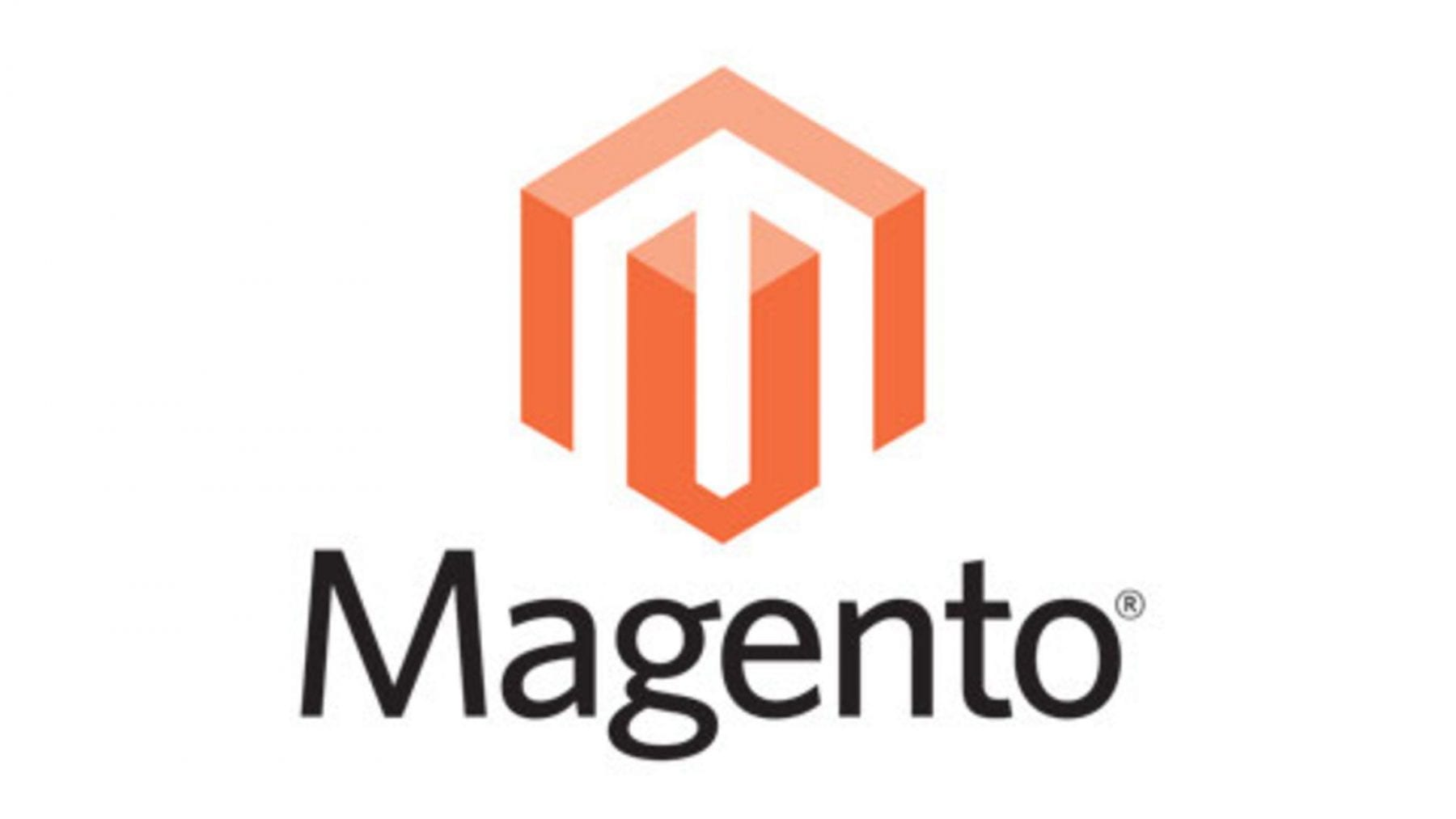An eCommerce platform is a software application which provides powerful features required to manage a business online. It gives you the tools to build and maintain your site including products and regular progress.
The e-commerce platform is instantly growing. Each and every new trend changes into an essential need for all e-commerce. Nowadays, online business providers have a huge expectation from their e-commerce solution providers.
Which is the best E-commerce platform?
Here we are going to discuss the best e-commerce platforms to allow your e-commerce business to comfort itself.
1. Magento
Magento is an open source e-commerce website platform, which offers a hosted cloud version. It can be downloaded freely and installed with your own servers / (Can be hosted on any platform as per the choice of ecommerce retailer)

Advantages of Using Magento
• Subscription-based service.
• Product management features.
• Order management features.
• Multiple payment gateways.
• Basic customer management.
• Mobile-friendly.
• Unlimited bandwidth.
• Reliable and Secure.
• Great analytics module, with reports, purchase funnels.
Disadvantages of using Magento
• The base version is free and have to spend a high rate for an enterprise version.
• Managing Magento isn’t for everyone.
• Be need to take care of updates.
Some of the popular companies using Magento are TTK Prestige, Policybazaar.com, Utsavfashion.com etc.
2. WooCommerce
WooCommerce is an open-source e-commerce platform, allowing a cart solution and free WordPress module. It appears with a protected payment gateway. The WooCommerce requires an additional plugin to open a multi-vendor online store. It has become the most preferred choice of startup ecommerce companies.

Advantages Of using WooCommerce
• It’s part of your existing WordPress website.
• Product management features.
• Order management features.
• Multiple payment gateways.
• With WooCommerce, anyone can set up and run a professional online store from their WordPress website without knowing any code.
• Customer management only via third-party plugins.
• Bandwidth depends on the host.
• Thousands of extensions available.
• Easy integration with email platforms such as Mailchimp making it easier to get in touch with customers.
Disadvantages of using WooCommerce
• Absence of adaptability.
• A reasonable choice, It not suitable for the high-volume store.
3. Shopify
Shopify is one of the most famous platforms in the e-commerce field. Shopify has been supporting online businesses over the world with a sharp spotlight on the trending online commerce. It’s a fully featured hosted solution with many users.

Advantages Of using Shopify
• Product management features.
• Order management features.
• Multiple payment gateways.
• Basic customer management.
• Can edit HTML and CSS directly.
• Unlimited bandwidth.
• Thousands of Shopify apps available.
Disadvantages of using Shopify
• Shopify Payments only allows to sell from certain countries. If we want to sell from another country, we will need to use a third-party payment gateway which will add an extra transaction fee.
• Not easy to export blog posts from Shopify.
• Shopify uses its own markup language named “Liquid”.
Raymond, Royal Enfield Online store, Yellow Fashion are some among the leading companies using Shopify for E-commerce.
4. BigCommerce
BigCommerce is the most leading e-commerce software provider. It comes with various powerful features like advanced marketing tools, manage inventory, payment integration, SEO features for better visibility in search engines and integrate secured shopping cart within a single platform.

Advantages Of using BigCommerce
• Standalone software.
• Product management features.
• Order management features.
• Multiple payment gateways.
• Bandwidth depends on the host.
• Thousands of extensions available.
• No transaction fee on payments compared to Shopify.
Disadvantages of using BigCommerce
• Premium themes can also be a bit expensive hence not much used by startups.
• the design customization is not always the most user-friendly.
Automobile company Toyota’s online store is built in BigCommerce.
5.Squarespace
Squarespace is an established e-commerce platform. They started out putting more strength into e-commerce and making its users market products online. They are best known for their work with the creative community.

Advantages Of using Squarespace
• Intuitive user interface and beginner friendly.
• We can sell unlimited products- No limit on selling products.
• Can create coupon codes for customers to avail free shipping, create discount over a set amount etc. and can provide popups to advertise a new product.
• Squarespace offers great looking templates and visually rich designs.
• E-commerce with customer logins.
• Share products on Social media.
Disadvantages of using Squarespace
• Limited shipping & payment gateway solution.
• Difficult to customize.
• No marketplace for apps to combine extra features and functionality.
Shutterstock photography uses Squarespace.
Conclusion
Standalone e-commerce platforms can be an excellent solution for an online store. They allow all the important features and specific functionality to start selling online a profit. Different business requires different e-commerce platforms. Choose intelligently, and see your business result.








